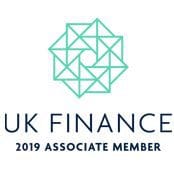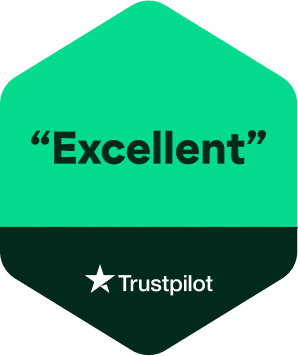Overdrafts and Revolving Credit
Keeping finances for your business under control can be tricky and sometimes taking out a traditional loan isn’t all that easy. Bank overdrafts are becoming harder to get for small businesses, however alternative services are available.
A business overdraft or revolving credit facility can be just as helpful. Both are types of working capital finance, and have some similarities such as interest being charged on the amount that has been withdrawn when it is still outstanding. This being said, they are not interchangeable and have their own unique features and benefits.
Overdrafts are offered by your bank, either as part of setting up a current account or by your request.
Essentially, an overdraft is a line of credit arranged with your bank to a set amount. It allows you to withdraw money from your account even when the balance is zero.
Revolving credit, on the other hand, is typically offered by a lender other than your bank. You can borrow up to a pre-arranged amount, known as your credit limit, and repaying the outstanding balance (plus interest) in order to continue borrowing against the amount again and again throughout the duration of your facility.
Overdrafts
There are two types of overdraft that you might encounter: authorised and unauthorised. An authorised overdraft is one that is pre-arranged with the bank wherein you agree the maximum amount you need. The fees and interest will also be arranged at that time.
An unauthorised overdraft is unarranged, such as when you spend more than is available in your bank account without agreeing with the bank that this might happen. This will result in extra charges that can build up quite quickly. If this happens almost frequently, an authorised overdraft is something that your business could likely benefit from. It’s not uncommon for businesses to regularly slip into unauthorised overdrafts, particularly when direct debit payments come out of your account.
They are, however, expensive.
Pros
- Flexible terms
- Quick to arrange and receive funds
- No early repayment fees
Cons
- Variable interest rates
- Fees for exceeding overdraft amount
- Only available at banks where you already have a current account
- Increasingly hard to arrange
It’s worth noting that business overdrafts are becoming more scarce as banks remove or reduce them for many small businesses. Indeed, some business banks now don’t offer an overdraft facility at all, particularly the new challenger banks.
Revolving credit
As the name might suggest, this is a rolling credit agreement with no end deadline like a loan. The credit limit, the maximum amount that you can borrow, is set by the lender. You then decide how much of it you borrow at a time and how much you pay back each month (if you’d like to pay more than the minimum payment that is required).
Using revolving credit facilities can work to your advantage by helping to establish a credit history, and offers up easy access to funds when you need them.
Pros
- Readily available funds
- Secured financing
- Less interest than a traditional credit card
Cons
- Higher interest rates than loans
- More restrictions than with an overdraft
- Lower credit limit than traditional loan
Eligibility
Each of these finance options has different criteria despite their similarities.
Overdrafts are a short term solution for financial stability issues and eligibility criteria will vary slightly from bank to bank. The one thing that remains the same for all, is that you must have an existing current account at the bank you are approaching for an overdraft facility.
You may often find that any overdraft agreements are ‘subject to status’ – this means that your application will be subject to credit rating before you can be approved. You’ll need to have a specific credit score and minimum income amount, as well as anything else listed in the bank’s terms and conditions for lending.
Revolving credit facilities require a minimum turnover for your business, often of at least 10% of the amount required. So how the amount of credit depends on the financial strength of your business and for how long you’ve been trading. Directors of the business will also need to offer a personal guarantee, as this type of credit agreement doesn’t require security in the form of collateral or assets.
However, as the agreements are usually with specific credit facilities as opposed to high street banks, this makes revolving credit theoretically much easier to obtain.
Costs and fees
There are interest rates associated with overdrafts and revolving credit, as they are forms of lending so are subject to charges. For the most part, the charges that you’ll encounter for each one are similar. These are:
Arrangement fees
This is a one-time a cost to set up the facility and varies depending on how much money you need to borrow.
Interest rates
Interest accrues every day that you have used the credit or overdraft. You can minimise the interest you owe by repaying your credit as soon as possible.
Penalty charges
Any late repayments will incur a fee, as will going over your agreed credit limit without notifying or discussing with your bank or lender.
Minimum repayments
You will probably encounter a minimum repayment amount for both these forms of credit.
Alternative funding
Overdrafts and revolving credit facilities are typically only short-term solutions. If neither is right for you, then you could consider invoice finance, which enables you to receive an advance on payments due to you. You could also consider a merchant cash advance if your accept credit and debit cards as payment from your customers.
If you need funding to improve cash flow or to purchase things such as machinery or vehicles for your business, then perhaps explore the options of asset finance or business loans.
Get in touch
Fill in our form to arrange a call back and discuss finance for your business.
We are independent business finance brokers who work for you for free to try and find the finance your business deserves.





